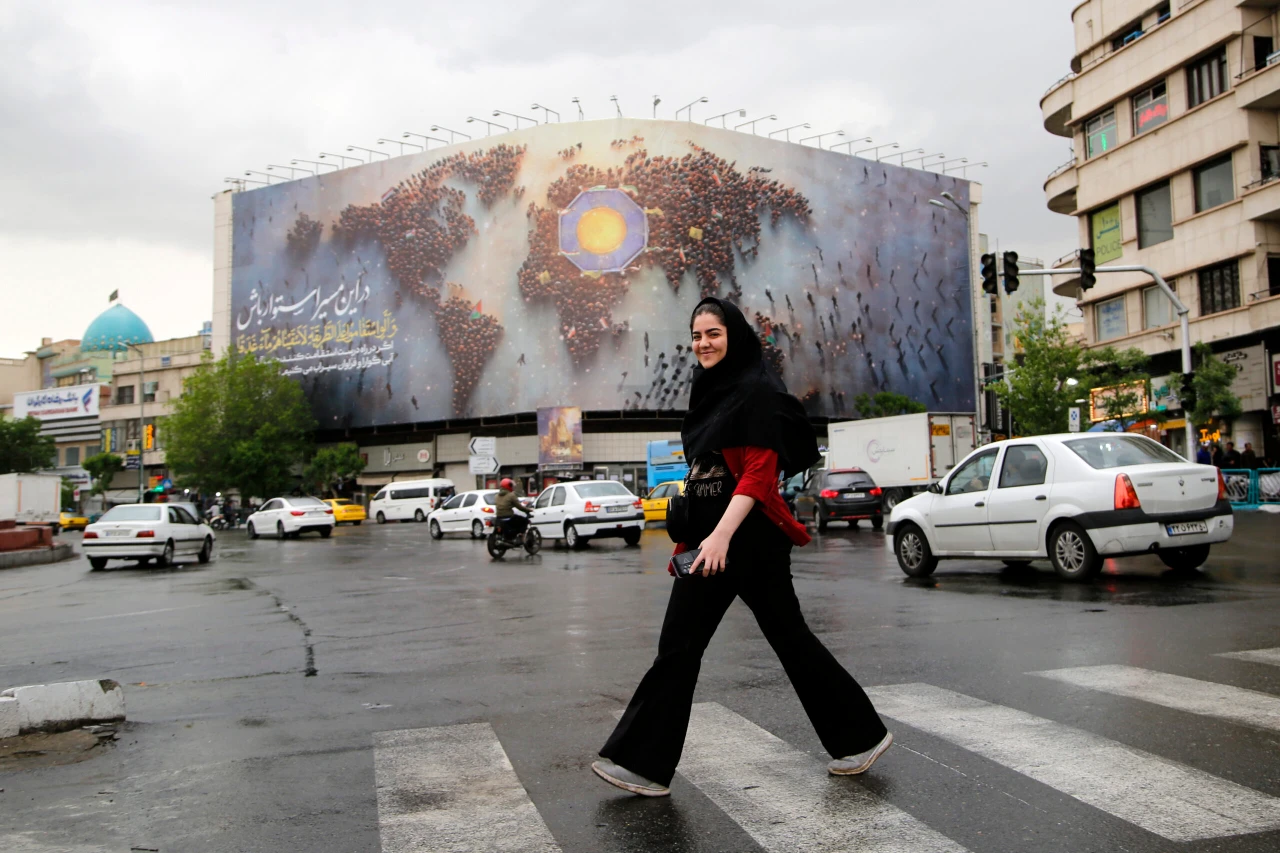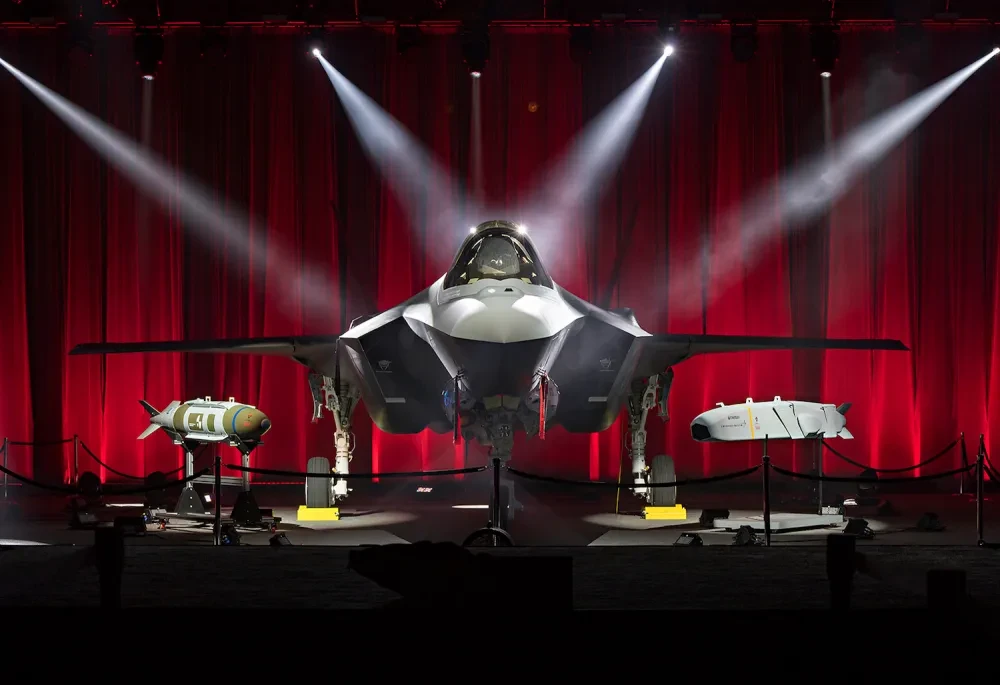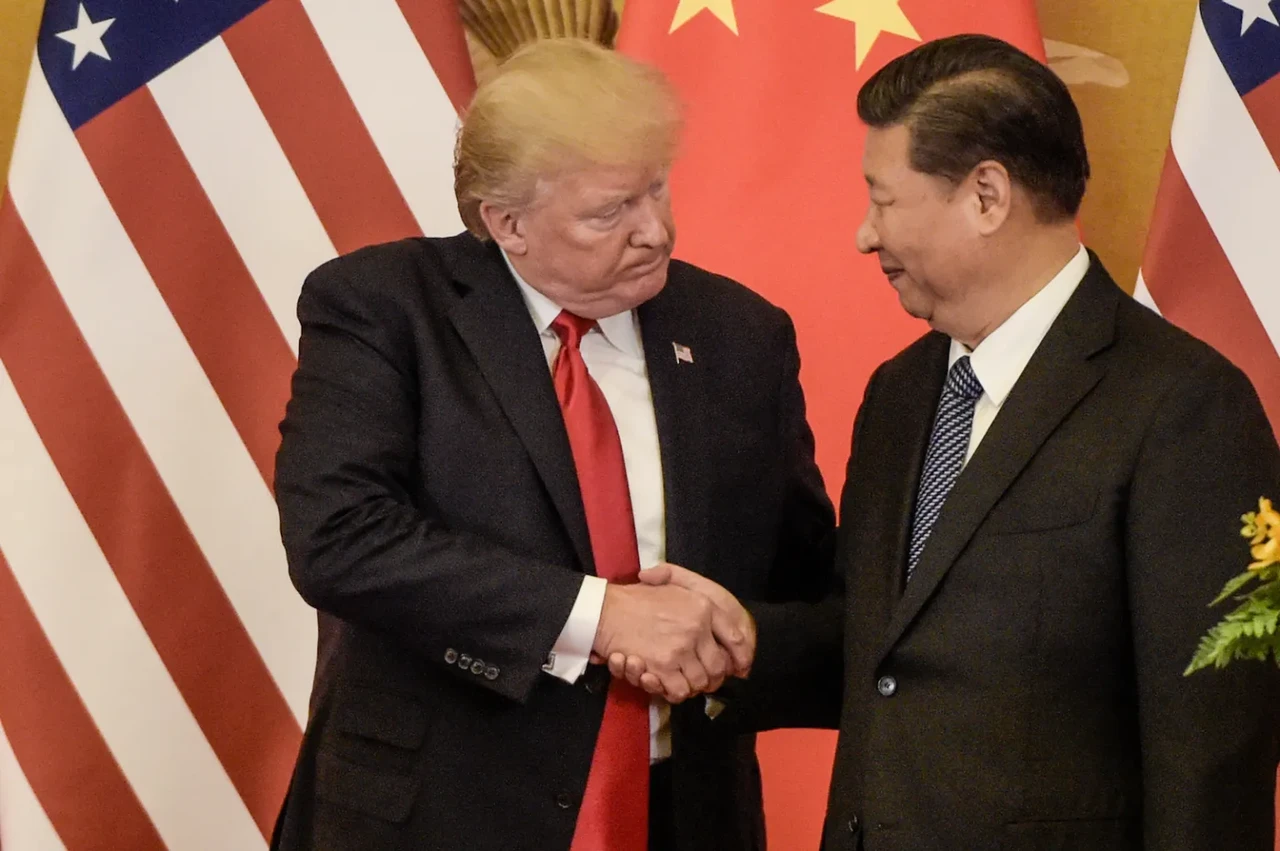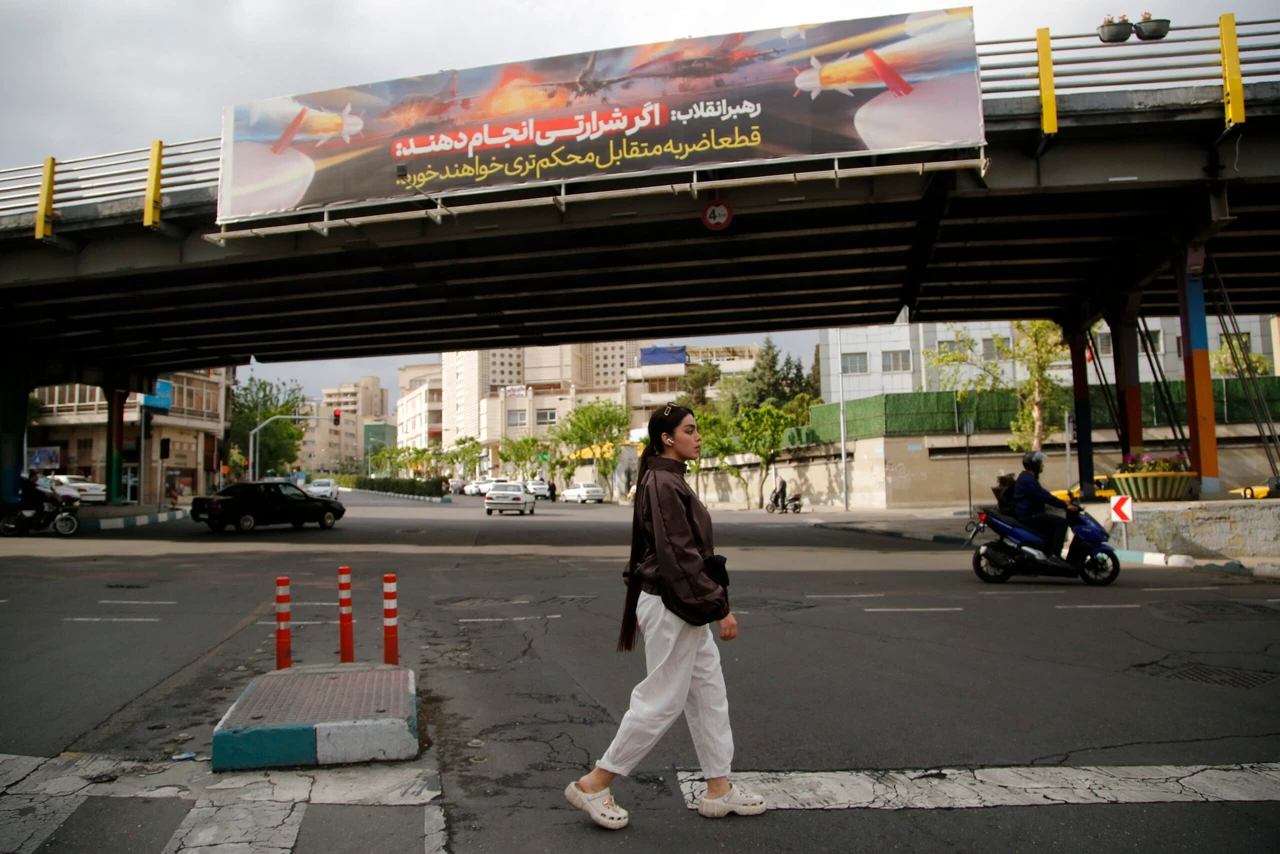Trump accuses Iran of delaying nuclear deal, warns of possible military strike
 US President Donald Trump gestures after hosting the 2025 College Football National Champions, Ohio State Buckeyes, celebrating the team's title-winning season with a ceremony on the South Lawn of the White House in Washington, DC, April 14, 2025. (AFP Photo)
US President Donald Trump gestures after hosting the 2025 College Football National Champions, Ohio State Buckeyes, celebrating the team's title-winning season with a ceremony on the South Lawn of the White House in Washington, DC, April 14, 2025. (AFP Photo)
U.S. President Donald Trump stated on Monday that he believes Iran is deliberately delaying nuclear negotiations with the United States, as both nations hold “positive” and “constructive” talks.
Trump said that if Iran does not abandon its nuclear weapons ambitions, it may face military action targeting Tehran’s atomic facilities.
“I think they’re tapping us along,” Trump told reporters after U.S. special envoy Steve Witkoff met with a senior Iranian official in Oman on Saturday. Both Iran and the U.S. labeled the meeting as “positive” and “constructive.”
A second round of talks is scheduled for Saturday, with discussions expected to take place in Rome, Italy.
Trump reiterated his stance, stating, “Iran has to get rid of the concept of a nuclear weapon. They cannot have a nuclear weapon.”
When asked whether the U.S. would consider a military strike on Tehran’s nuclear facilities, Trump responded, “Of course it does.”
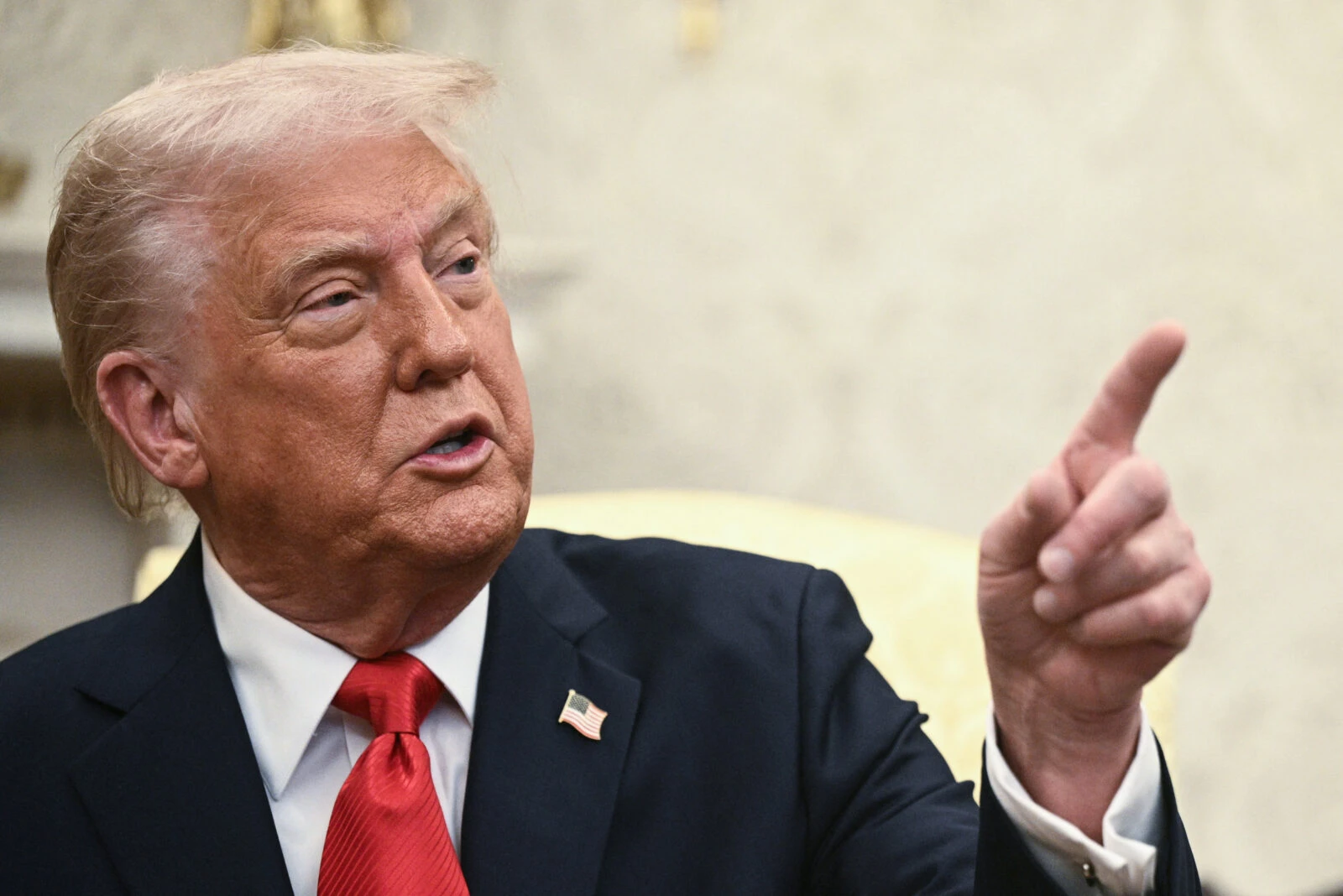
Trump urges Iran to act quickly
Trump also warned Iran that it must act quickly to avoid a harsh U.S. response, stating that Iran is “fairly close” to developing a nuclear weapon. He added that Iran needs to make progress swiftly to avoid a severe reaction.
The U.S. and Iran held indirect talks during former President Joe Biden’s term, but little progress was made. The last known direct negotiations between the two governments occurred under President Barack Obama, who brokered the 2015 international nuclear deal, which Trump later abandoned.
“Iran has to get rid of the concept of a nuclear weapon. They cannot have a nuclear weapon,” Trump reiterated, emphasizing the gravity of the situation.
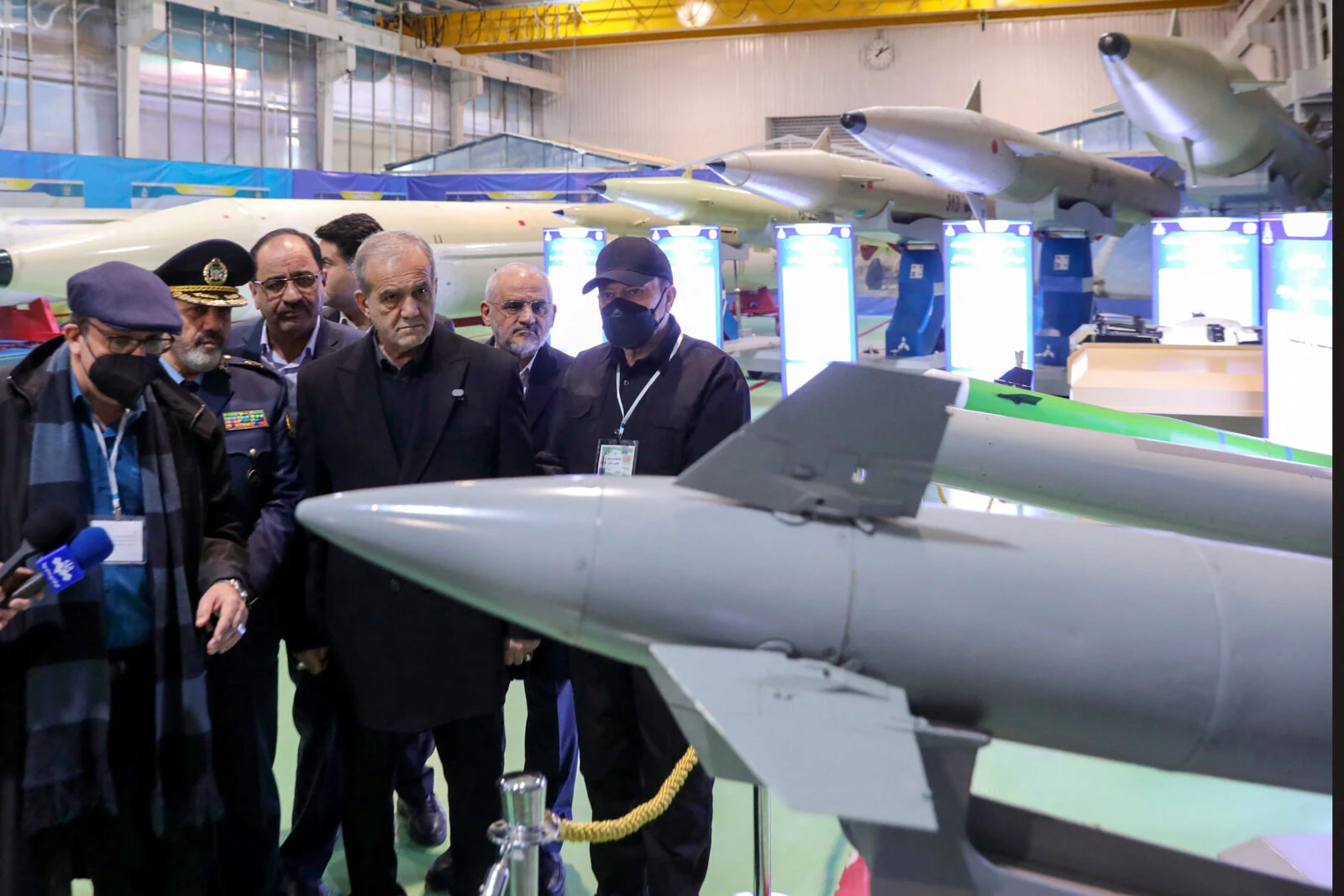
Iran’s stance: Military capabilities off limits
On the Iranian side, the Islamic Revolutionary Guard Corps (IRGC) made it clear that Iran’s military capabilities were “off limits” in the ongoing nuclear talks with the U.S.
IRGC spokesman Ali Mohammad Naini stated, “National security and defense and military power are among the red lines of the Islamic Republic of Iran, which cannot be discussed or negotiated under any circumstances.”
These remarks came ahead of the second round of talks scheduled for Saturday in Muscat, Oman.
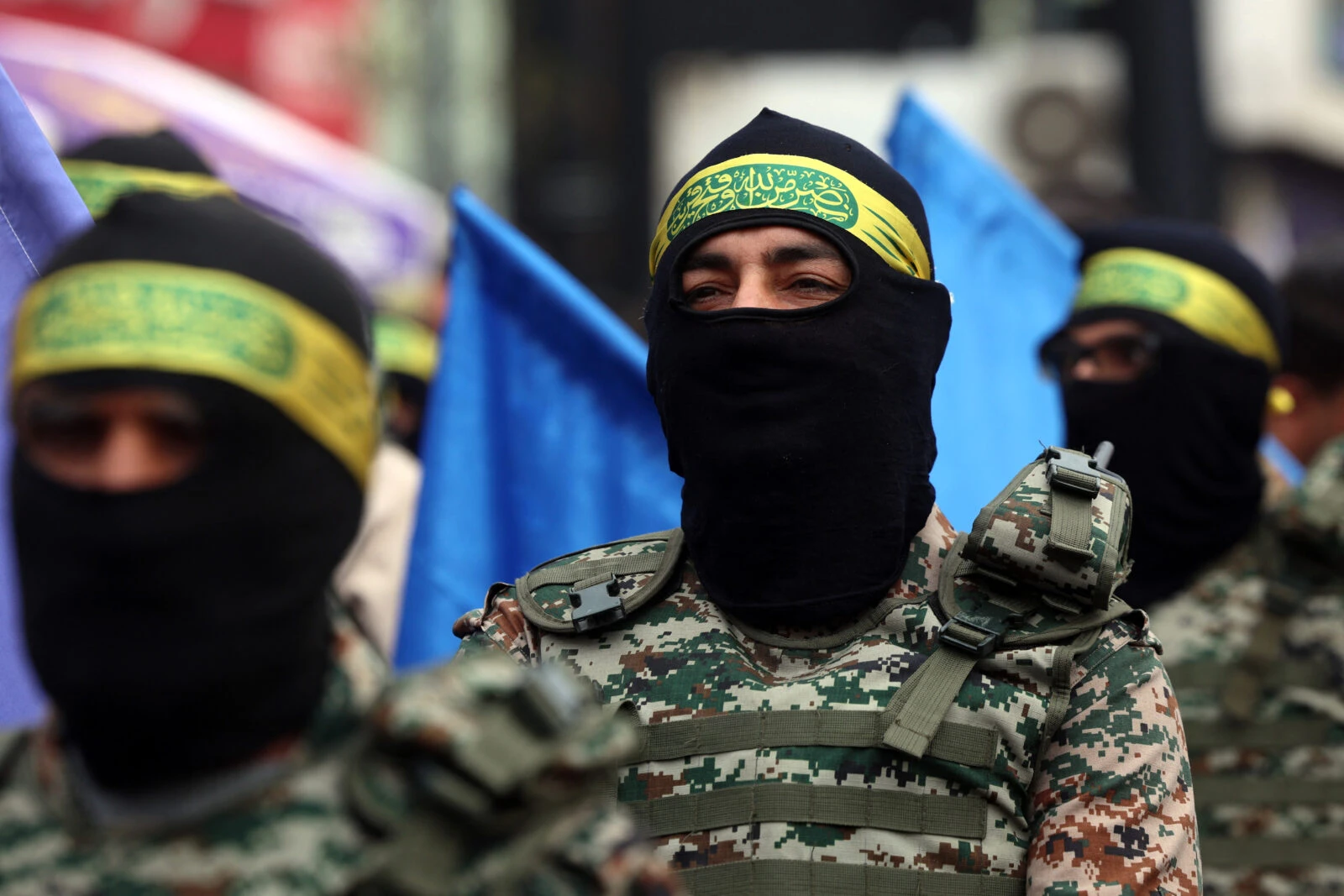
Tensions between US and Iran over nuclear talks
The new round of talks is seen as the highest-level discussions since the collapse of the 2015 nuclear deal, formally known as the Joint Comprehensive Plan of Action (JCPOA). Under the JCPOA, Iran agreed to curb its nuclear activities in exchange for relief from international sanctions.
However, tensions remain high, particularly with U.S. President Trump’s reactivation of his “maximum pressure” campaign against Iran since returning to office in January.
In March, Trump sent a letter to Iran’s Supreme Leader Ayatollah Ali Khamenei, urging nuclear talks and warning of potential military action if Tehran refused to engage.
Trump has repeatedly called for an end to Iran’s nuclear ambitions, claiming that Iranian authorities, whom he described as “radicals,” should not be allowed to possess nuclear weapons.
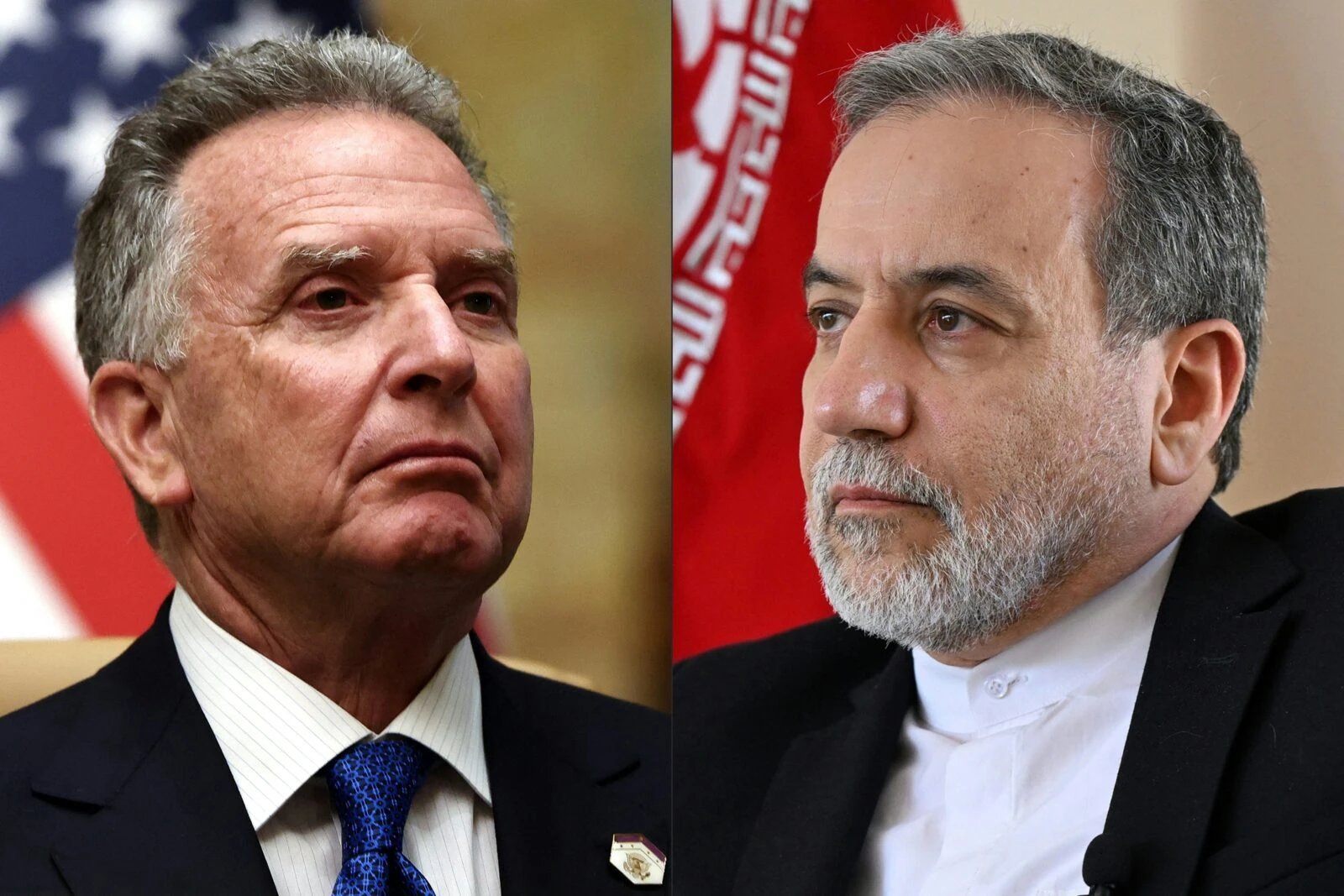
Iran’s regional influence and missile capabilities
Late Sunday, Iran’s state news agency IRNA reported that Iran’s regional influence and missile capabilities are among its “red lines” in the ongoing negotiations.
Tehran supports various militant groups in the region, including Hezbollah in Lebanon, Hamas in Gaza, and the Houthis in Yemen.
Iran’s Foreign Minister Abbas Araghchi met Witkoff in Oman for “indirect” talks. This marked the highest-level nuclear negotiations between the two countries since the collapse of the 2015 accord.
Both Tehran and Washington have described the talks as “constructive.”
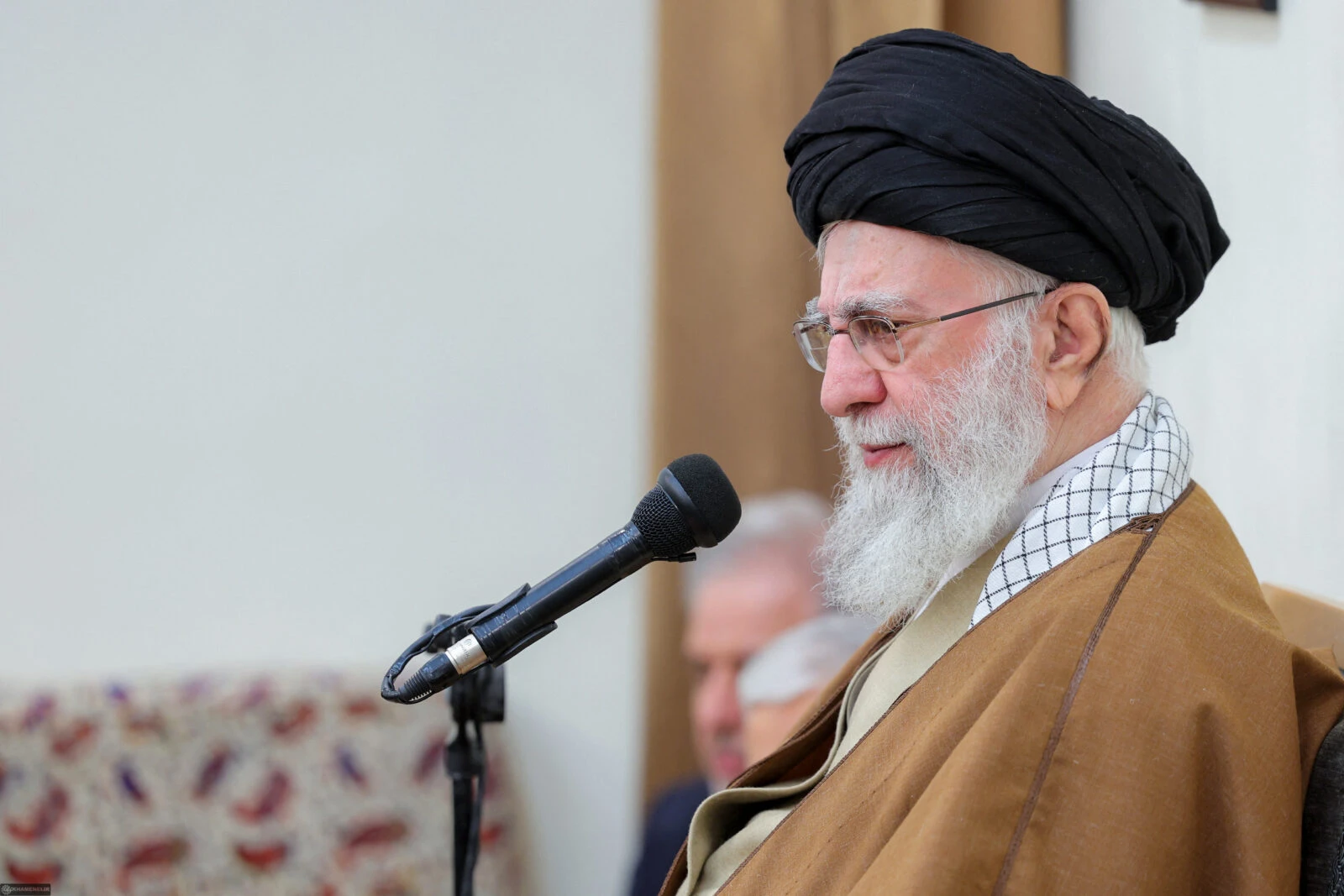
Iran’s optimism amid negotiations
Despite the ongoing tensions, Iran’s Supreme Leader Ali Khamenei expressed satisfaction with the recent talks.
He said, “The talks were well carried out in the first steps. Of course, we are very pessimistic about the other side, but we are optimistic about our own capabilities.” Khamenei’s comments reflect Iran’s confidence in its position while remaining cautious about U.S. intentions.
